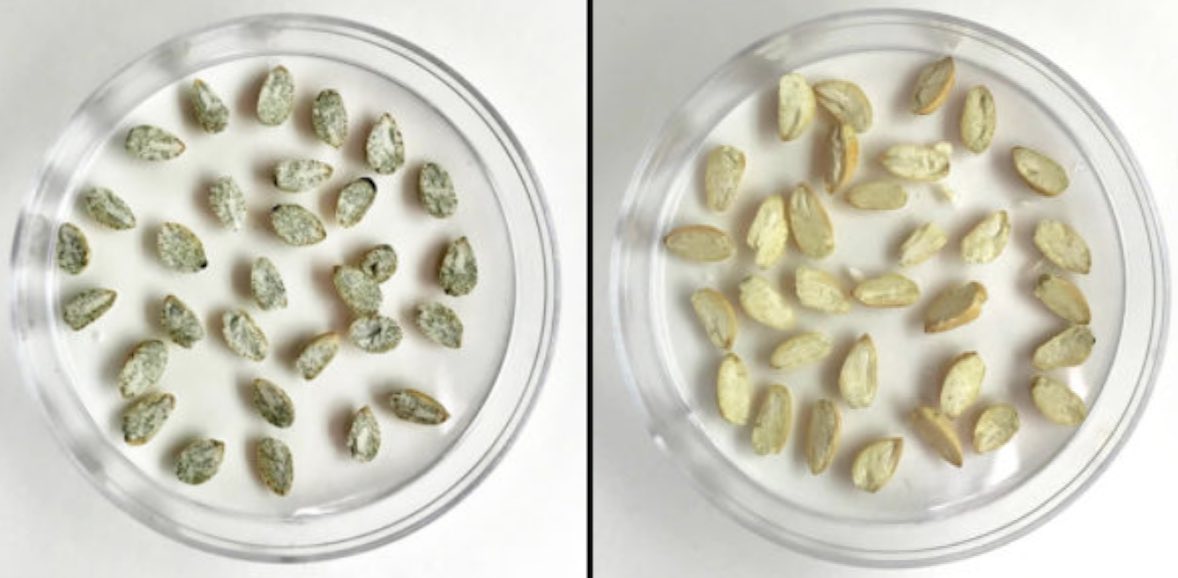
After nearly two decades of research, this doctor has finally been given the go-ahead to start turning thousands of pounds of biowaste into food.
Last Tuesday was a career-defining moment for Dr. Keerti Rathore after his work in growing edible cotton seeds was approved for commercialization by the U.S. Department of Agriculture’s Animal and Plant Health Inspection Service.
Rathore managed to develop the edible cotton seeds by silencing a gene in the seeds that produced a toxin called gossypol. Once the seeds are made edible, they reportedly taste similar to hummus.
Now that the seeds have been approved, edible cottonseed could be an effective way to feed millions of people. Being naturally high in protein, the plant is expected to be beneficial for individuals living in countries where the diet is primarily low-protein, plant-based diets. The seed could be ground into a flour and implemented into various recipes and cuisines, all while remaining low in cost and incredibly abundant in supply.
To illustrate the significance of this research and its potential, let’s do some quick math. Considering how the world produces 48.5 million tons of cotton each year, and each pound of cotton fiber produces 1.6 pounds of cottonseed, Rathore’s edible innovation could result in roughly 155 billion pounds of edible cottonseed annually, which would have a tremendous impact in the fight against world hunger and malnutrition.
“Growing up in rural India as the son of a doctor, I had seen the effects of malnutrition firsthand in my father’s patients,” said Rathore, according to AgriLife. “Many of their health issues were due to inadequate food and nutrition.”
By introducing this modified cotton for mass consumption, Rathore hopes to eradicate these issues. The seeds still need to be approved by the FDA, but Rathore is confident that it will receive the green light within the next few months.
In addition to its impact on world hunger and malnutrition, Rathore’s research could also lead to a significant increase in revenue for farmers and the cotton industry at large.
“I also realized the value to cotton farmers everywhere … because such a product is likely to improve their income without any extra effort on their part or additional input,” said Rathore. “Such a product can also be important from the standpoint of sustainability because farmers will produce fiber, feed and food from the same crop.”

